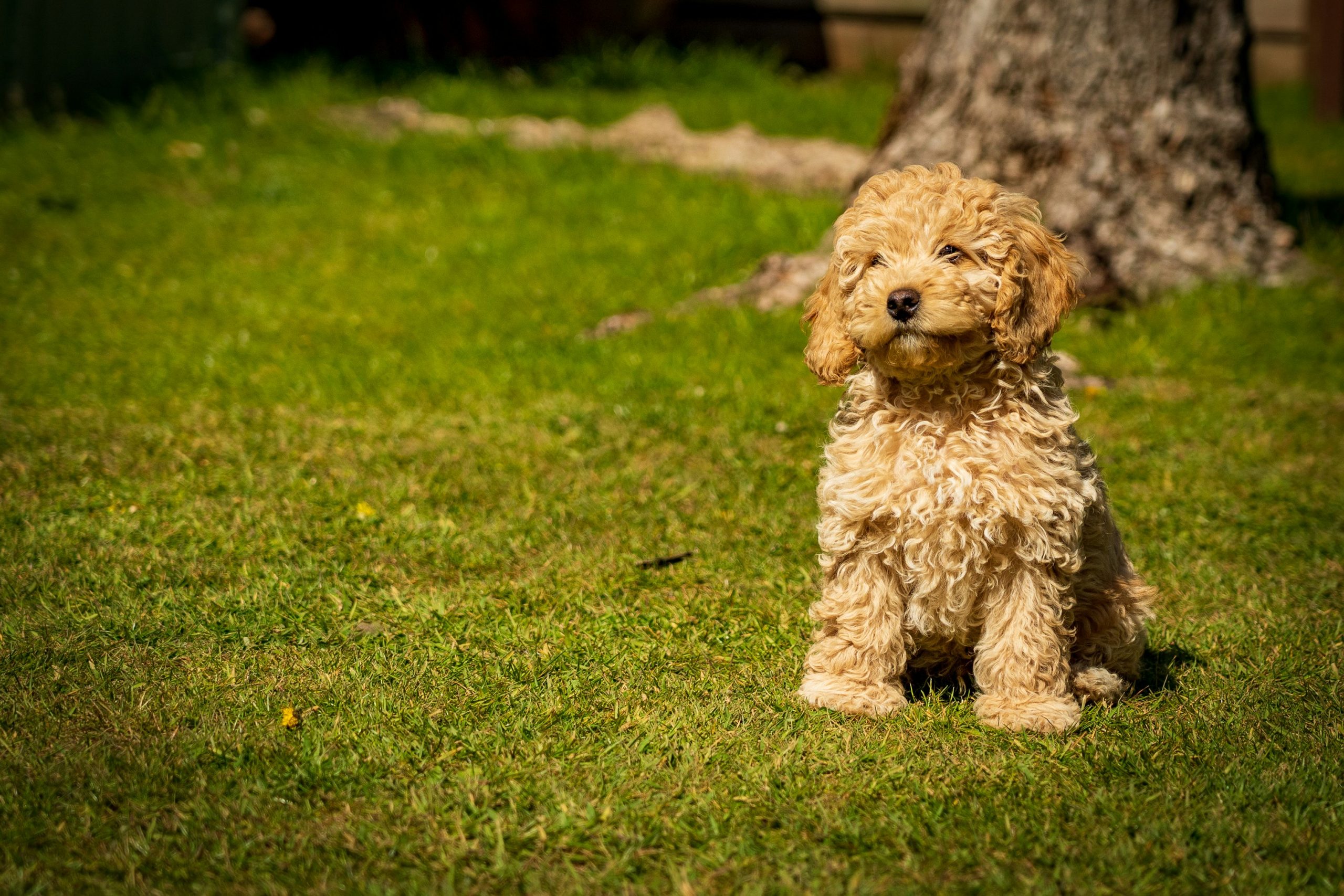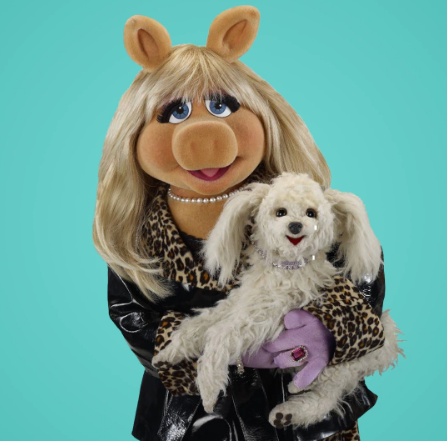

Origin:
Germany/France
Color:
Poodles come in a variety of solid base colors. They can be black, blue, silver, brown, cafe au lait, silver beige, cream, apricot, or red.
Average Weight:
- Male: 27-31 kgs
- Female: 18-20 kgs
Life Expectancy:
10-18 years
Average Height:
10-15 inches
Know More About Me

Description:
Poodles come in different sizes: Standard, Miniature, or Toy. They’re known for their smartness and can be trained easily. People love them for their hypoallergenic fur, which means they’re great for folks with allergies. Poodles are friendly and can adapt to different places, like city apartments or suburban houses. In the Philippines, they’re not just pets but also seen as classy and loving companions.

Feed Requirement:
For Poodles under 3 months old, it’s best to leave their food out all the time instead of sticking to a strict feeding schedule. However, it’s important to make sure the food stays fresh by cleaning the bowl regularly. Once they reach 3 months old, Poodles should start eating three meals a day along with some snacks. As Poodles grow into adults, they might still benefit from having multiple meals a day, especially smaller dogs like Toy Poodles and Miniatures. Splitting meals into two servings can also be helpful, and snacks can be given between meals to prevent them from eating too quickly.

Best Food to Feed:
It is best to make sure your poodle, gets all the good stuff, aim for a mix of protein, healthy grains, veggies, and fruits. For proteins, you can choose from meats like beef, chicken, turkey, lamb, veal, and fish such as cod, flounder, salmon, and whitefish. Veggies to include are sugar snap peas, green beans, lima beans, spinach, peas, zucchini, carrots, sweet potato, and regular potato. Fruits like blueberries, strawberries, raspberries, apples, and pears add a sweet touch. You can also add extras like eggs, salmon oil, extra virgin olive oil, some types of cheese with low lactose (like Colby, Monterey Jack, Swiss cheese, and cottage cheese), and plain whole white yogurt.

Common Health Problems:
Like any other breed, the Poodle is prone to certain health problems. Many of these can be found among all size varieties and others are more common to either the toy, mini or standard Poodle. Here are the common health problems that Poodles may suffer with.
Hip Dysplasia is a problem where a Poodle’s hip joint gets weaker or damaged. It’s often passed down through families. When a Poodle has this, the hip socket isn’t formed right or the ligaments that hold the joint together aren’t strong enough. This can make the ball part of the joint come out of place.
It’s not just genetics that can make this worse. Being overweight, exercising too much when young, or growing too fast can all add strain to a Poodle’s hips. Symptoms can start as early as 5 to 10 months old. They might have trouble standing up, hop like a rabbit, or have trouble moving their hind legs. Treatment often starts with medication and rest. If that doesn’t help, surgery might be needed.
Epilepsy is another issue Poodles can have. During a seizure, a dog might drool, stare blankly, or make strange movements. It’s important to keep your Poodle safe during a seizure by removing any objects nearby and keeping the area quiet and dark. Medication can help manage epilepsy, but it can’t cure it.
Progressive Retinal Atrophy (PRA) is a disease that can cause blindness in Poodles. It starts with trouble seeing in dim light and can lead to complete blindness within 6 months. While there’s no cure, some treatments might slow down the process.
Sebaceous Adenitis is a skin disease that causes hair loss and dry, scaly skin. It’s more common in Standard Poodles and usually happens between 1-7 years old. Treatment involves special shampoos and ointments to soothe the skin and prevent infections.
Luxating Patella is when a Poodle’s kneecap slips out of place. It can cause limping, pain, and reluctance to exercise. Treatment often includes rest and medication, and severe cases might need surgery.
Legg-Calve-Perthes Disease affects the hip bone’s growth and can cause weakness and lameness. Treatment involves strict bed rest for up to 6 months, and sometimes surgery if the bone collapses.
- Agility 70%
- Temperament 70%
- Lifespan 80%
- Independence 70%
- Protection 30%


Miss Piggy holding her poodle, Foo-Foo.
Top 5 Fun Facts of Poodle
Fact #1: Poodles originated in Germany as hunting dogs
Fact #2: Poodles are the national dog of France
Fact #3: Poodles are considered “hypoallergenic”
Fact #4: Poodles are considered one the smartest breeds
Fact #5: Poodles were war dogs during World War I and WWIIBatman Had a German Shepherd
Do You Know?
In the series, Muppet, Miss Piggy owned a pet, a white toy poodle named Foo-Foo (performed by Steve Whitmire), who is one of the few characters that does not speak. Piggy is often seen as very tender towards her, although to the point of sickly saccharine baby talk. On The Muppet Show, Foo-Foo was portrayed as both a muppet and a real dog in different shots. Foo-Foo mostly appears as a sidekick to Miss Piggy in most films and specials.
